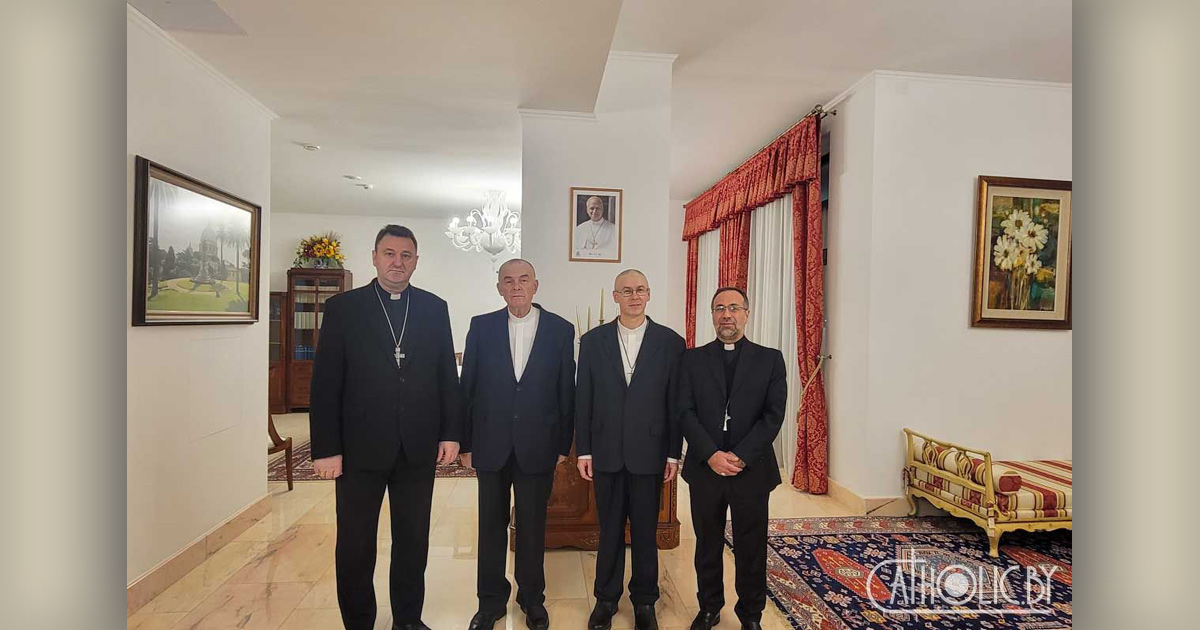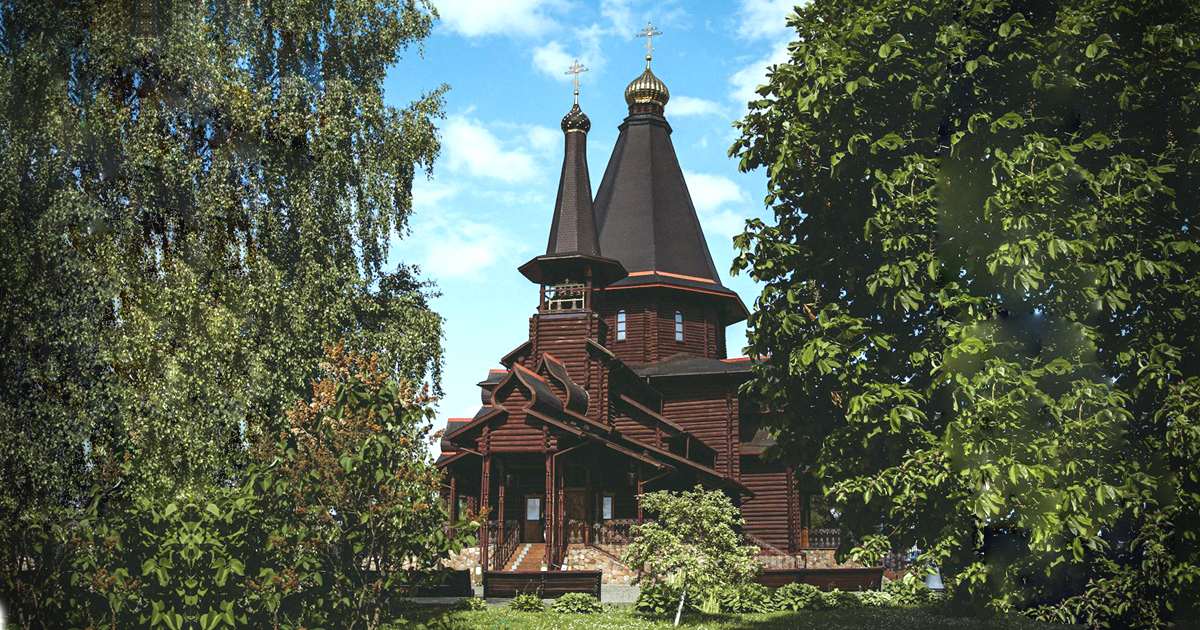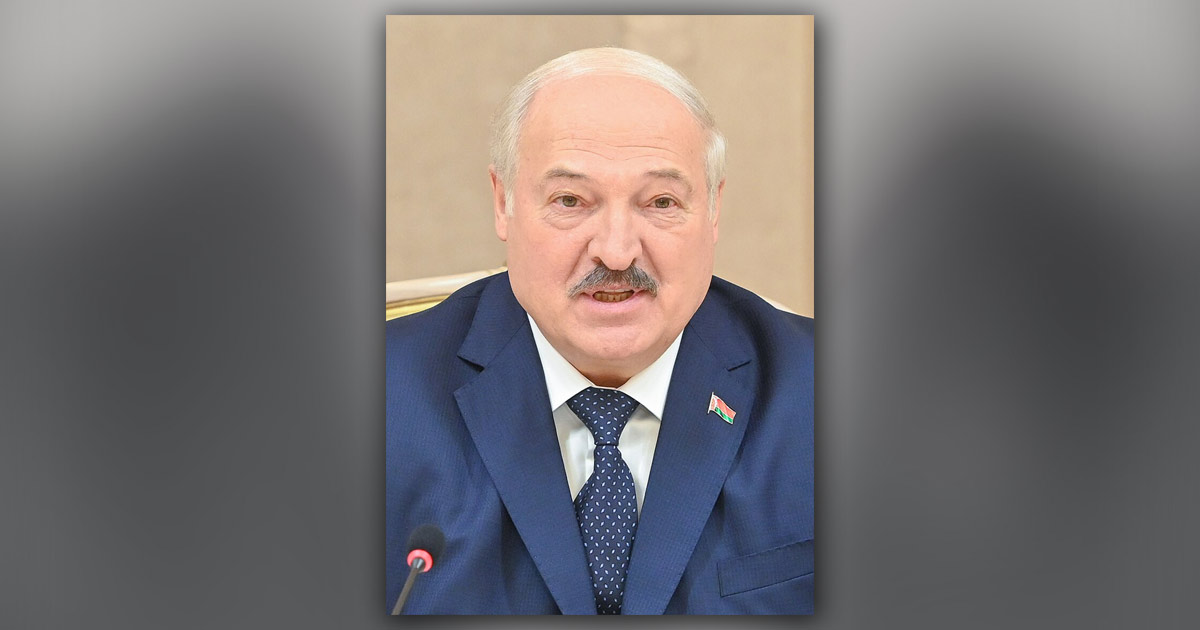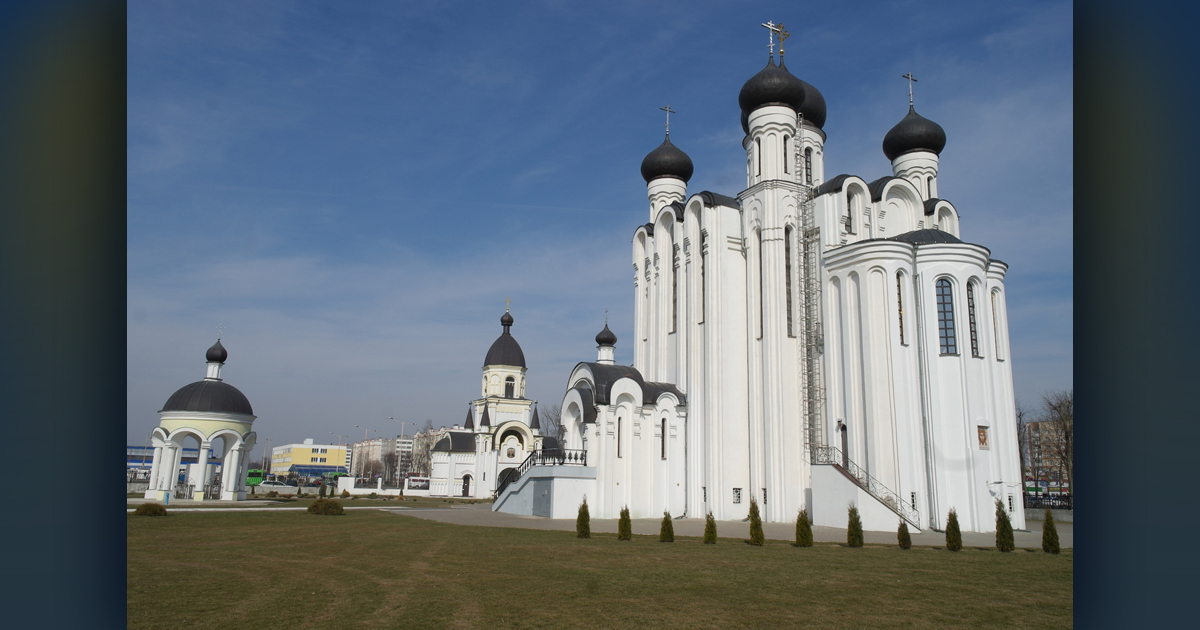 |
Pastor Vyacheslav Goncharenko and his family Photo from www.newlife.by |
Pastor Vyacheslav Goncharenko of New Life Church in Minsk has been fined the equivalent of 30 times the minimum monthly wage in Belarus for organising religious services without state permission. According to a March 23 Forum 18 report, Pastor Goncharenko was contacted on Monday, March 21 with instructions to appear in court the following day where he was found guilty of "violating the established procedure for holding religious events" (Article 167, Part 1 of the Belarusian Administrative Violations Code) and fined 720,000 Belarusian roubles ($406 CDN). The church has announced that it plans to appeal the fine and prepare formal complaints to the Belarusian Ministry of Justice and Ministry of Internal Affairs regarding irregular court procedure and police behaviour respectively. Police reportedly treated church members who accompanied their pastor to the court roughly and tried to force them to leave the courthouse.
More details on this case can be found on VOM's website (click here). Last week, The Voice of the Martyrs released a 7-minute video report on the situation facing Christians in Belarus. You can view it in the Video room of www.vomcanada.com.
Continue to pray for the New Life Church and their leadership as they continue their legal struggle with the Belarusian government. Pray for all those throughout the country who are facing fines and harassment because of Belarus' harsh religious laws.
For more information on the persecution of Christians in Belarus, click here.





